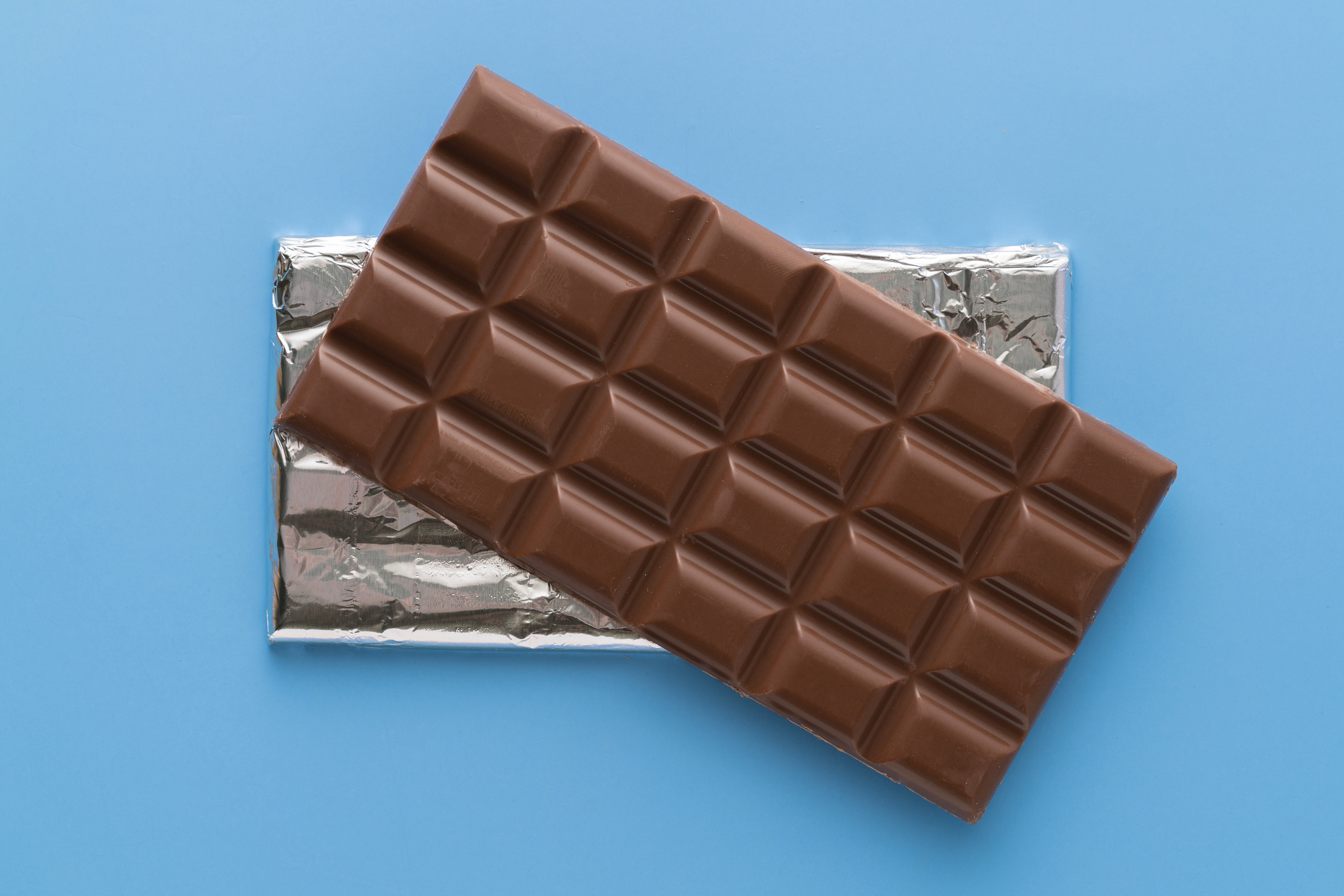Get Easy Health Digest™ in your inbox and don’t miss a thing when you subscribe today. Plus, get the free bonus report, Mother Nature’s Tips, Tricks and Remedies for Cholesterol, Blood Pressure & Blood Sugar as my way of saying welcome to the community!
The sweet truth about dark chocolate, diabetes and weight

I confess I have a sweet tooth, one that I try to manage by sticking with healthy treats like fruit. But once or twice a week I allow myself to have a serving (or two) of one of my favorite sweets — dark chocolate.
One reason is that research has uncovered a host of health benefits related to dark chocolate— like reducing heart disease and stroke risks.
It also lowers blood pressure, improves athletic endurance and boosts brain function. And a daily dose of dark chocolate may help prevent diabetes and insulin resistance.
That last benefit seems counterintuitive. After all, dark chocolate does contain some sugar, though not as much as milk chocolate. But a recent study has confirmed this sweet connection…
Dark chocolate and type 2 diabetes risk
An international team of researchers analyzed three long-running studies of healthcare workers with a total of 192, 208 participants. Of those, 111,654 were included in the analysis on chocolate types.
The Information on the participants’ diets was assessed every four years, and questions about how much and how often they consumed dark and milk chocolate were added in 2006 and 2007.
There were 9 levels to track frequency, which ranged from “never, or less than once per month” to greater than or equal to 6 servings (based on one chocolate bar or 1 oz.) per day.
Researchers also assessed variables that included:
- Body weight, waist circumference, hypertension, high cholesterol and family history of diabetes.
- Physical activity and body mass index (BMI) were measured over time.
- Diabetes was self-reported in biennial questionnaires and confirmed by study doctors with a supplementary questionnaire collecting more details about diagnoses and treatment.
There was a definite effect and difference between dark and milk chocolate…
“We were surprised to see a stark contrast between dark and milk chocolate,” co-author Binkai Liu of Harvard T.H. Chan School of Public Health told MedPage Today. “While dark chocolate was associated with a lower risk of type 2 diabetes, milk chocolate showed no such benefit and was even associated with weight gain. This difference underscores the importance of chocolate type and its nutrient composition.”
Their results showed those who consumed weekly servings of dark chocolate greater than or equal to 5, had a 21% lower risk of type 2 diabetes compared with those who never or rarely consumed dark chocolate.
Eating dark chocolate was also linked with a higher-quality diet and greater consumption of fruit and vegetables, epicatechin and total flavonoids. The opposite was true for those who consumed milk chocolate.
“Advising patients to enjoy dark chocolate occasionally as part of a balanced and nutrient-rich diet could be a way to integrate these insights into practical recommendations,” Liu adds.
The ‘right’ type of dark chocolate
Chocolate contains high levels of polyphenols, including flavanols, which are part of the larger flavonoid group.
Previous research has found a link between higher dietary flavonoid consumption and decreased type 2 diabetes risk.
Though flavonoids may provide antioxidant, anti-inflammatory and vasodilatory benefits by stimulating the production of nitric oxide (NO), the relationship between chocolate and diabetes remains “controversial,” the authors write in the study.
This is because some of the observational studies had inconsistent findings and lacked inquiry into health effects by chocolate subtype.
Still, existing evidence appears to indicate that if you’re going to consume chocolate, dark chocolate is the healthier way to go. So feel free to indulge in the occasional dark chocolate treat — just make sure you choose the right kind.
Most nutritionists recommend a cocoa content of at least 60 percent. But the higher the percentage, the more flavanols and other health-boosting compounds the dark chocolate contains, so go as high as you can while still enjoying the taste.
One caveat: many dark chocolate bars on the market contain both lead and cadmium, heavy metals that pose potential health risks. Check this Consumer Reports analysis to choose the safest option.
Editor’s note: Are you feeling unusually tired? You may think this is normal aging, but the problem could be your master hormone. When it’s not working, your risk of age-related diseases skyrockets. To reset what many call “the trigger for all disease” and live better, longer, click here to discover The Insulin Factor: How to Repair Your Body’s Master Controller and Conquer Chronic Disease!
Sources:
New Study Teases Out Chocolate and Diabetes Connection — MedPage Today
Chocolate intake and risk of type 2 diabetes: prospective cohort studies — The BMJ
11 Healthy (and Delicious) Chocolate Bars That Dietitians Eat — Everyday Health














